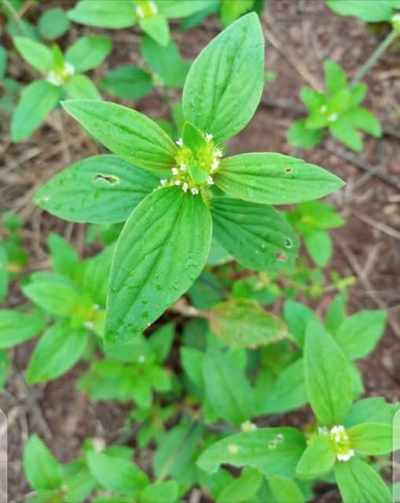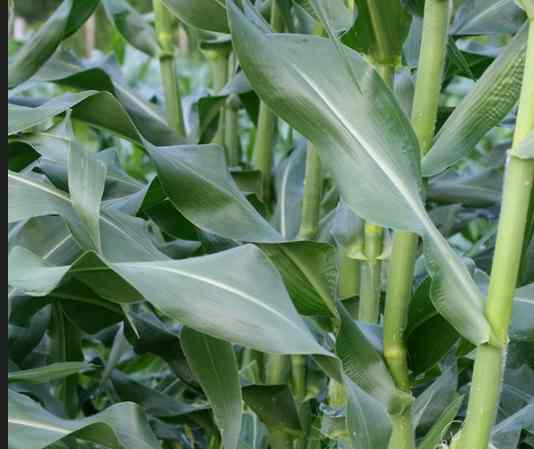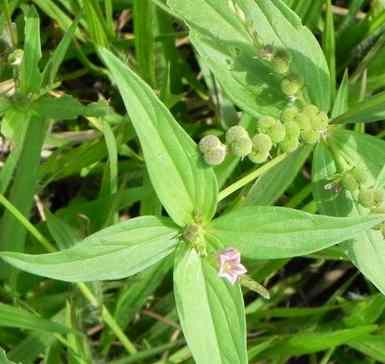
support@yorubalibrary.com
+2348073529208, 07038599574

In Yoruba traditional medicine, the knowledge of herbs and leaves passed down through generations forms the backbone of natural healing. One of such remarkable medicinal plants is Irawo-ile, known scientifically as Diodia scandens. This herb is widely used across Yorubaland due to its potent therapeutic properties. The Yoruba people have long depended on this plant for treating a variety of ailments, thanks to its versatile nature and ease of availability.
Irawo-ile is a creeping herb commonly found in forest edges, farm lands, and grassy paths. Its medicinal uses range from external treatments like wound care to internal remedies for infections and reproductive health issue.
Key Facts
Category: Leaf
Botanical Name: Diodia scandens
Common Name: Creeping Buttonweed
Yoruba name: Ewe Irawo Ile
Igbo Name: Nil
Hausa Name: Nil
Characteristics of Irawo-ile
• Growth Habit:
It is a low-growing, spreading herb with slender, hairy stems.
• Leaves:
The leaves are narrow, opposite, and somewhat hairy, giving the plant a distinct texture.
• Flowers:
Small, star-shaped, pale blue or violet flowers that appear singly or in small clusters.
• Habitat:
Grows in tropical regions, especially in disturbed soils, farm boundaries, and open fields.
Traditional Uses in Yoruba Medicine
1. Treatment of Wounds and Skin Conditions
Ewe Irawo-ile is often crushed and applied topically to cuts, boils, and skin ulcers. Its antibacterial and anti-inflammatory properties promote faster healing and reduce the risk of infection.
2. Management of Reproductive Health
The plant is widely used among Yoruba women to treat issues related to menstrual irregularities and postpartum care. Decoctions made from the leaves help in cleansing the womb and promoting reproductive health.
3. Antimalarial Applications
Herbalists prepare infusions of Irawo-ile to manage symptoms of malaria. Though not a standalone cure, it is frequently used in combination with other herbs to strengthen the body’s resistance to fever.
4. Digestive Aid
The leaves are boiled and consumed to relieve stomach discomfort, constipation, and indigestion. It helps to detoxify the digestive system naturally.
5. General Cleansing and Blood Purification
Irawo-ile is part of many Yoruba herbal mixtures intended to cleanse the blood and strengthen the body’s immune system, especially during seasonal changes.
Want to treat common ailments such as Malaria, Cough, Measles, Typhoid, Pile etc naturally without spending much? Grab a copy of Authentic Herbal Solutions: 15 Common Ailments & Their Natural Cures. A practical eBook recommended for everyone regardless of tribe, religion or association. Order below or Download sample here
AUTHENTIC HERBAL SOLUTION #4KOne Yoruba proverb says "Bí olóde ò kú, òde rè kì í wu Gbégi". Do you know that Gbégi is actually a leaf/plant? Get Yoruba Proverbs on Plants and Herbs, which is a collection of Untold Wisdoms Hidden in Leaf and plants comprising their Life Applications & Moral Teachings. Order below or download sample here
YORUBA PROVERBS ON PLANTS #4KHealing Properties of Irawo-ile
• Anti-bacterial: Prevents and treats bacterial infections when applied to wounds or consumed as a decoction.
• Anti-inflammatory: Reduces swelling, pain, and irritation in tissues.
• Anti-oxidant: Protects the body from oxidative stress and supports general wellbeing.
• Emmenagogue: Promotes menstrual flow and relieves symptoms of irregular menstruation.
• Laxative: Acts mildly to relieve constipation and support bowel movement.
Functions in Yoruba Traditional Medicine
• Serves as a first-aid remedy in rural areas.
• Used in spiritual cleansing and herbal baths.
• Included in postpartum herbal care for mothers.
• Forms part of herbal mixtures for febrile conditions.
• Employed in ritualistic practices involving physical or spiritual purification.
Conclusion
Irawo-ile (Diodia scandens) continues to be popular in its wide-ranging uses, healing properties, and cultural relevance.
Have you heard of our Yoruba Herb Dictionary? This contains names of Yoruba Leaf, Roots, Barks, Characteristics, Properties & Identification with HD Pictures. Order below or download sample here
A-Z HERBS & LEAF DICTIONARY #4K
Know more about the Yoruba traditional uses and he…

Learn about Ewe Aran, a potent Yoruba medicinal le…